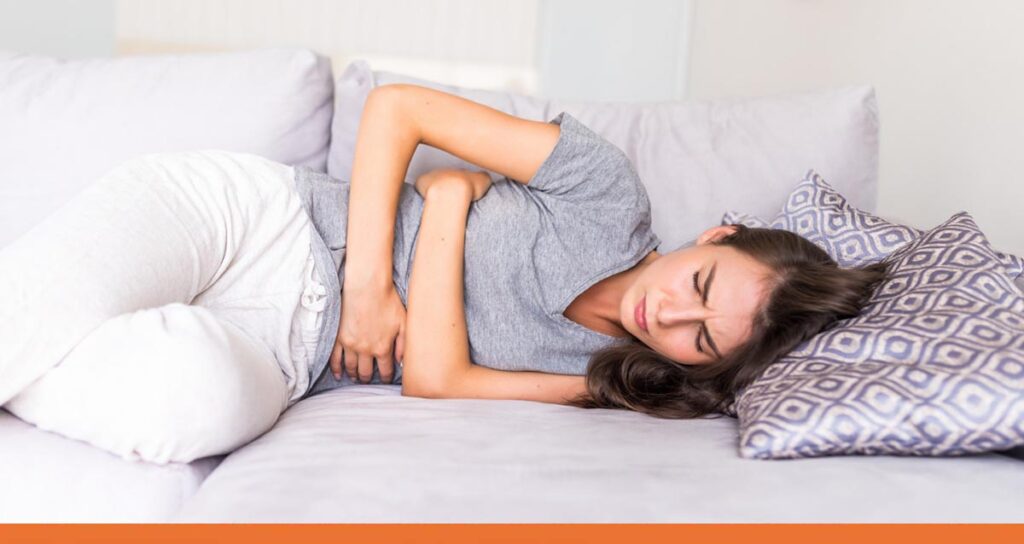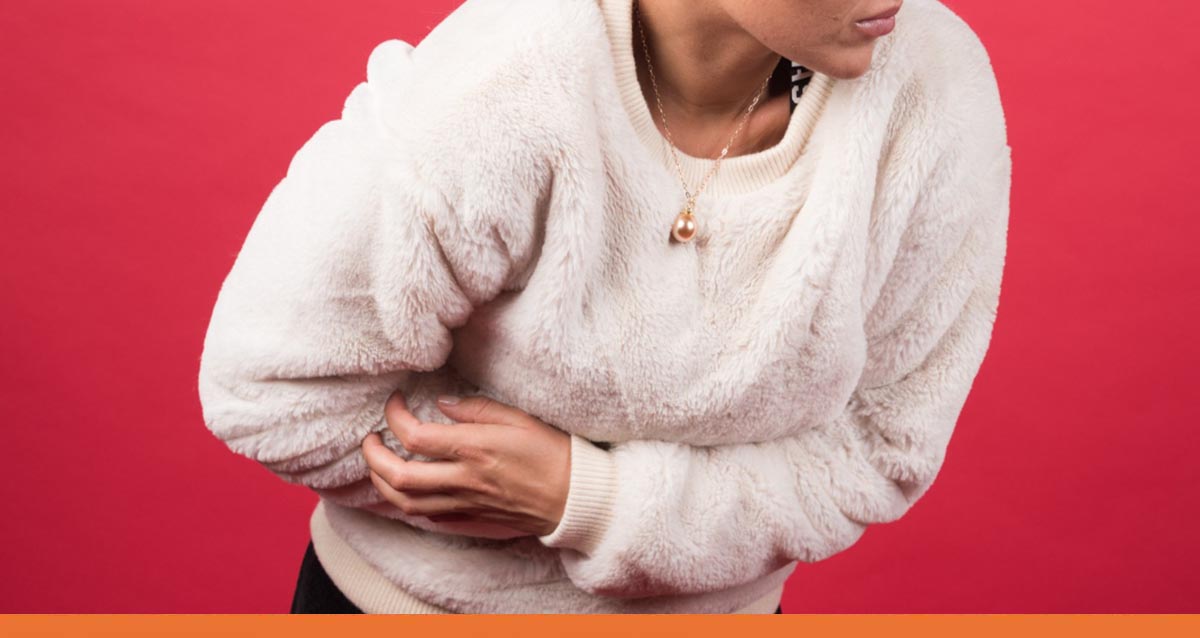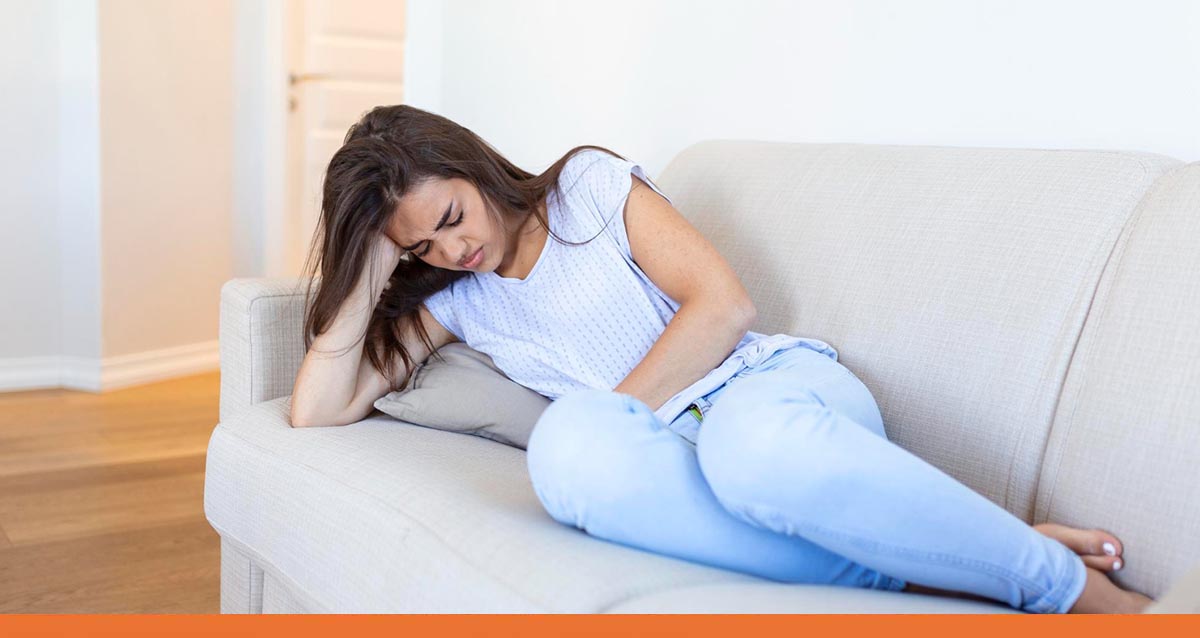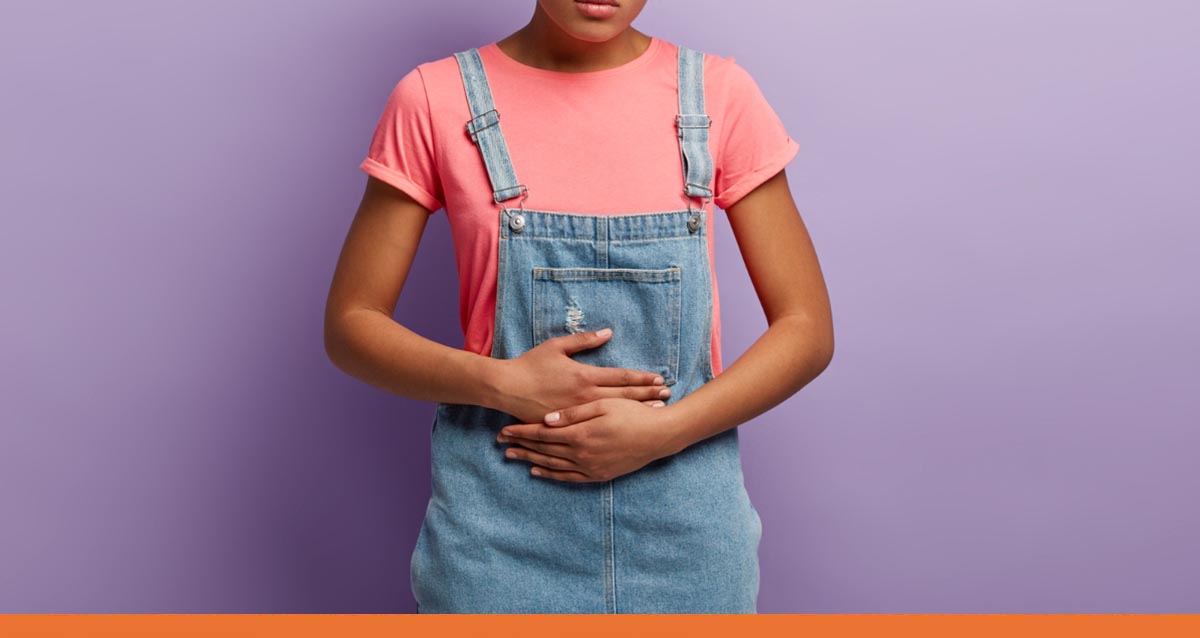
Lower abdominal pain is a common symptom experienced by women. It can range from mild discomfort to severe pain caused by various conditions. This blog post will discuss the common causes of lower abdominal pain in women, their symptoms, and treatments. If you experience lower abdominal pain, it is essential to seek medical attention, especially if the pain is severe or accompanied by other symptoms. You can visit urgent care in West Hartford, CT, where you can receive prompt medical care.
Lower central abdominal pain is felt in the area between the belly button and the pubic bone. It can be caused by several conditions, including:
Menstrual cramps are a common cause of lower central abdominal pain in women. They occur due to contractions of the uterus during menstruation. The pain can range from mild to severe, often accompanied by other symptoms such as bloating, fatigue, and headaches.
It is important to note that menstrual cramps are a normal part of the menstrual cycle for most women, and they can be managed with proper self-care measures. Some effective self-care measures for managing menstrual cramps include:
However, if the pain is severe and over-the-counter medication is ineffective, seeking medical attention is essential. If you are experiencing severe menstrual cramps, you can visit nearby urgent care in West Hartford, CT, for prompt medical care.

IBS is a chronic condition that affects the large intestine or colon. It is characterized by symptoms that can be present in varying degrees and combinations. IBS is not life-threatening but can significantly impact a person’s quality of life.
The symptoms of IBS can vary widely from person to person, but the most common ones include abdominal pain or discomfort, bloating, gas, constipation, diarrhea, or a combination of both. The pain or discomfort may be relieved after a bowel movement. IBS can be classified into different types based on the predominant bowel habits of the individual. These types include:
The exact cause of IBS is not fully understood, but it is believed to be related to how the muscles in the colon contract and relax, how the brain and gut communicate, and how the immune system responds to certain foods and stress. IBS can be triggered by several factors, including:
There is no single test to diagnose IBS. Instead, a doctor may diagnose IBS based on the presence of typical symptoms and by ruling out other conditions. Treatment for IBS is focused on relieving symptoms and improving quality of life. Lifestyle changes, such as dietary modifications, stress reduction, and regular exercise, are the first-line treatment for IBS. Medications, such as laxatives, antidiarrheals, or antispasmodics, may also be prescribed to relieve specific symptoms. If you are experiencing symptoms of IBS or any other digestive disorder, seek medical attention from nearby urgent care in West Hartford, CT.
Pelvic inflammatory disease (PID) is an infection of the female reproductive organs. It can be caused by sexually transmitted infections (STIs) such as chlamydia or gonorrhea. PID can also occur after childbirth, miscarriage, or abortion.
The symptoms of PID can vary from person to person, but some common symptoms include the following:
If left untreated, PID can lead to severe complications such as infertility, chronic pelvic pain, and ectopic pregnancy. Ectopic pregnancy is a potentially life-threatening condition in which the fertilized egg implants outside the uterus. Therefore, prompt medical attention is essential if you suspect you have PID. A doctor can perform a pelvic exam, take a sample of vaginal discharge for testing, and prescribe antibiotics to treat the infection. In some cases, hospitalization may be necessary.
If you are experiencing lower central abdominal pain, fever, or any other symptoms of PID, it is essential to seek medical attention immediately. If you live in West Hartford, CT, you can visit an urgent care clinic for prompt medical care. The medical professionals at an urgent care clinic can evaluate your symptoms, provide appropriate treatment, and refer you to a specialist if necessary.

This pain is felt on the left side of the belly button and can be caused by several conditions, including:
Lower right abdominal pain is felt on the right side of the belly button and can be caused by several conditions, including:

General lower abdominal pain can be felt across the lower abdomen and can be caused by several conditions, including:
Lower abdominal pain can be caused by various conditions, and seeking medical attention is crucial to receive the proper diagnosis and treatment. If you experience severe lower abdominal pain or are accompanied by other symptoms such as fever, vomiting, or vaginal bleeding, seek immediate medical attention.
If you are in the West Hartford, CT area, you can visit DOCS Urgent Care – West Hartford, where you can receive prompt medical care. Early diagnosis and treatment can help prevent complications and improve your quality of life.

During this surge in COVID-19 cases, our primary focus is meeting the high demand for tests, and we are seeing higher than usual wait times. This means we are unable to answer most phone calls. Please know that our teams are working very hard during this time to care for as many patients as safely as possible. Please click the button below for answers to common questions. We appreciate your understanding.